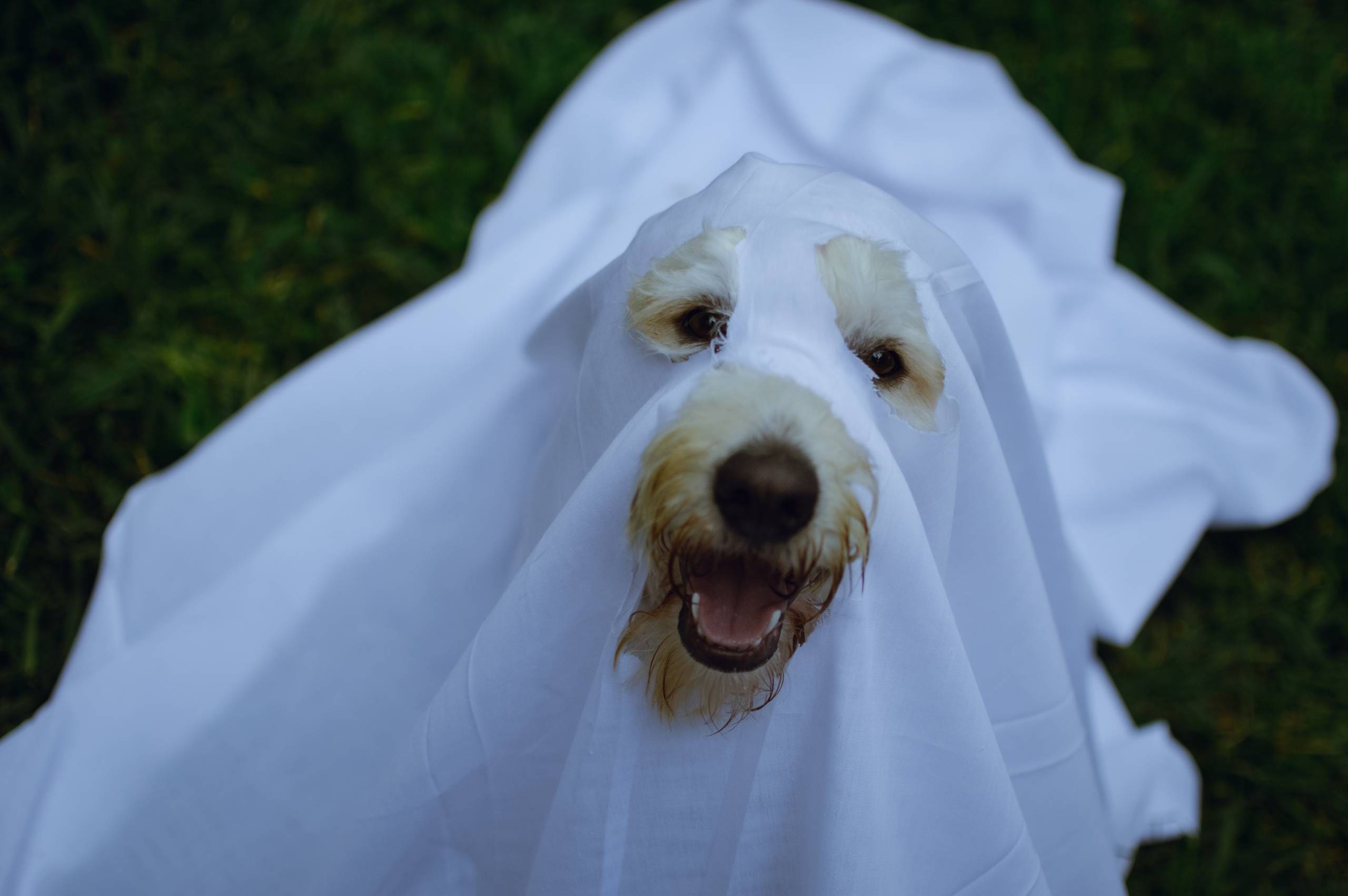Why is my dog not eating his food but will eat treats?
Post Date:
January 23, 2026
(Date Last Modified: February 5, 2026)
ERROR: Bandwidth quota exceeded: https://api.openai.com/v1/responses. Try reducing the rate of data transfer.

